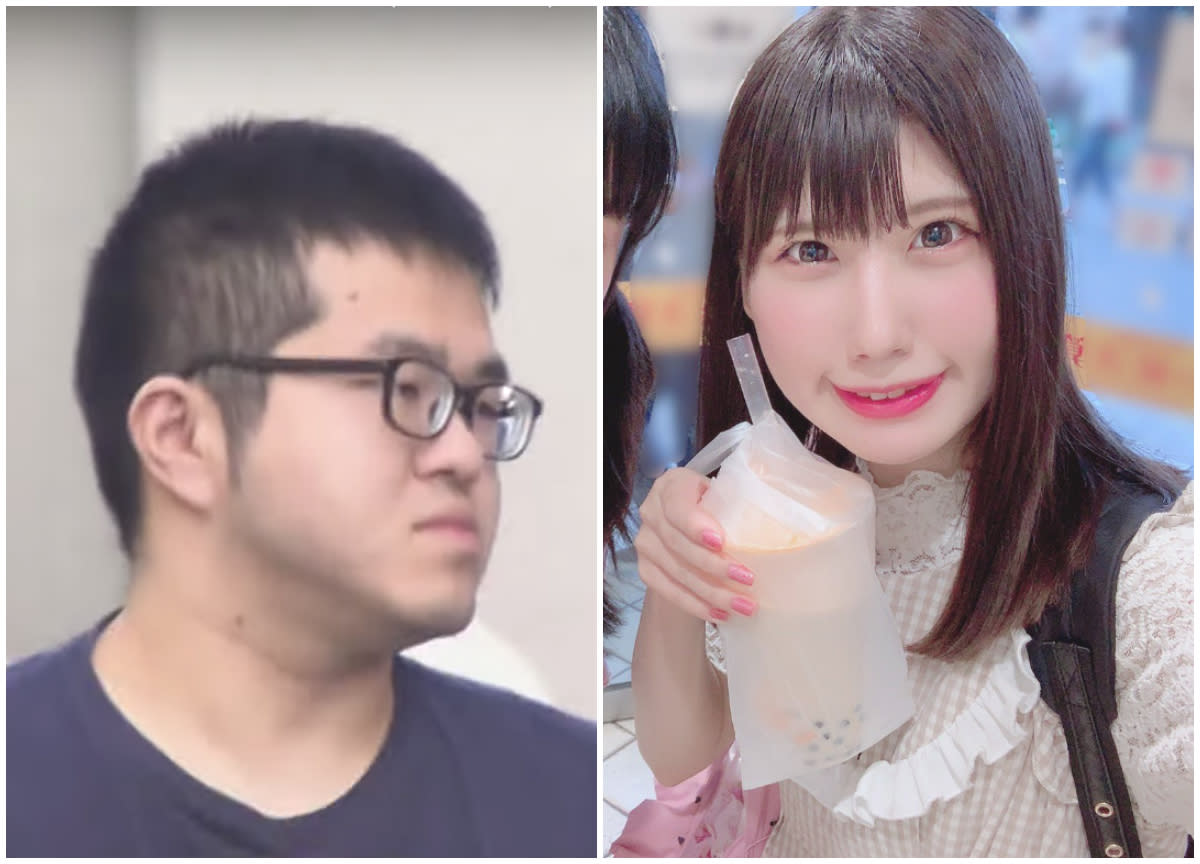Stalker attacks Japanese idol after locating her home by zooming in on her eyes in photos

Previously, it was reported that our fingerprints can be stolen from “peace” gestures in our photos. This time, it seems even our eyes can give away clues to our location! Indie Japanese idol Ena Matsuoka is the victim of this as her obsessed fan Hibiki Sato stalked her house from her photos on social media.
Apparently, the 26-year-old fan zoomed in on the singer’s eyes and identified a train station from the reflection in her iris. He then used Google Maps to find the train station. From the videos Matsuoka posted on social media, Sato found out where she lived from the position of her curtains and the angle of the light shining through her windows.
READ MORE:
Ayumi Hamasaki uploads her entire music video collection on YouTube
Japanese 'calculator musicians' play songs on up to 7 calculators at one go
Tokyo Disneyland to open massive new Fantasyland in 2020
This is a Japanese TV news report about the stalker and his attack on her outside her home:
Sato chose a day when Matsuoka had a concert and waited at a bus stop for her to return home. On 1 September 2019, he allegedly approached the 21-year-old idol from behind and covered her mouth with a towel, before dragging her to a dark corner and groping her. The young woman was injured in the struggle. Sato was then arrested on 17 September and charged on Tuesday (8 October). He confessed that he was a huge fan of Matsuoka.
According to a report from NHK, Shuichiro Hoshi, a professor at Tokyo Metropolitan University and an expert on social media risks, said, “Social media users should be cautious about being identified by shooting locations. People should avoid posting photos that were taken near their homes or neighbourhood.” He warned that personal information can leak in totally unexpected ways and urged social media users to make images less clear in order to avoid being targeted by “digital stalkers”.


